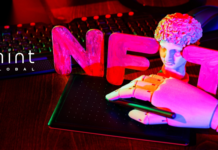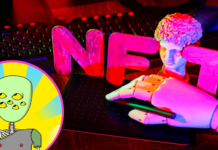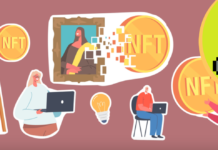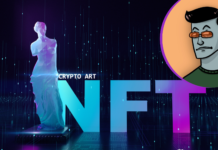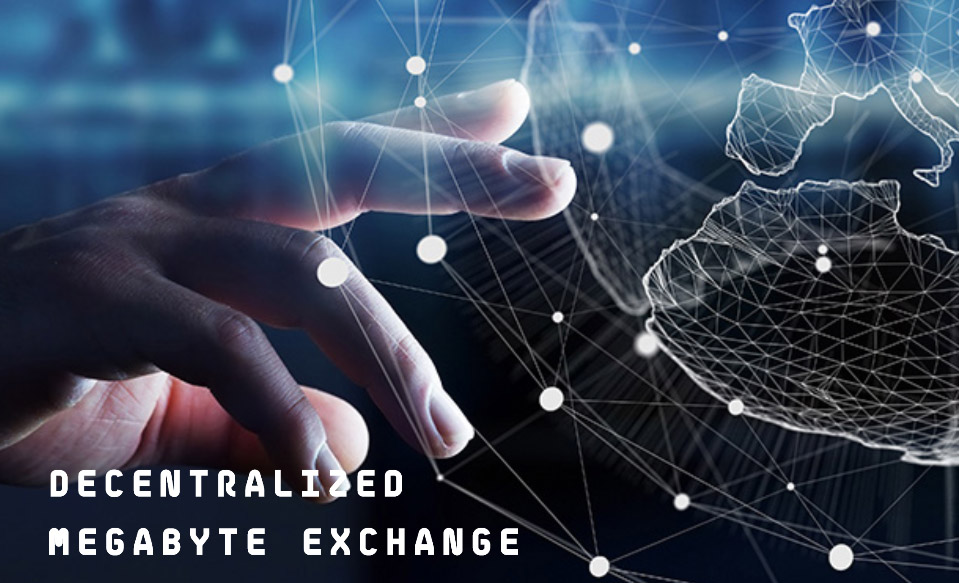
If you’ve spent any time traveling abroad, you know how useful it can be to have an internet-connected smartphone or laptop to find your way around, stay in touch with friends and family back home, and even get work done on the go. You also probably know how difficult it can be to get connected in a foreign country.
Many travelers are faced with ridiculously high “roaming data” charges if they attempt to use their own mobile service provider, and acquiring a local SIM card can be difficult if you don’t speak the local language (and unhelpful if you’re hoping to travel to multiple countries over a short period and don’t want to have to keep hopping to a new SIM card with a new provider every time you cross a border).
Keepgo is a mobile data company that already offers a solution to this problem in the form of globally-functional 4G LTE SIM cards that you can load with prepaid data that works anywhere. But now the company is taking things a step further, launching a blockchain-backed decentralized data exchange to decentralize the global data market and give travelers access to great local data coverage at fair market prices.
How it Works
The basic idea behind the Keepgo Exchange is that SIM-card-free mobile data is coming to smartphones everywhere, likely in the next two or three years. While sharing data across countries now is difficult due to the proliferation of physical SIM cards, once SIMs have gone virtual, phones will be able to switch between carriers’ virtual SIMs quickly and easily, without the need to actually replace any hardware.
Combining SIM-free mobile tech with blockchain technology opens up the possibility of creating a global peer-to-peer data exchange, where users all over the world can buy and sell local data directly. That’s what the Keepgo Exchange is designed to be: a decentralized global P2P data exchange with an economy powered by KEEP, an ERC20 token.
The exchange system will have four basic parts:
- The exchange app, the user-facing open-source software that buyers and sellers use to list, brows, and purchase data.
- Smart contracts, supported by the open-source Keep foundation, which act as the intermediary “bank” between buyers and sellers, ensuring that transactions are executed in accordance with the contract rules.
- The Match node, a distributed application that autonomously matches buyers and sellers based on what buyers need, market forces, etc.
- The KEEP token, ownership of which is required to access the technology and sell data on the exchange.
Buyers and sellers can be anyone – individuals, organizations, IoT machines – and the platform is actually blockchain-agnostic. Despite KEEP being an ERC20 token, the platform itself will be initially based on IOTA, but the developers say it also supports other blockchain technologies and will be adaptable to support new platforms as they are released.
Since the technology will all be open-source, it will also be usable and adaptable for any person or company that wishes to create their own exchange system. Owning KEEP tokens will serve as a kind of license to use the tech.
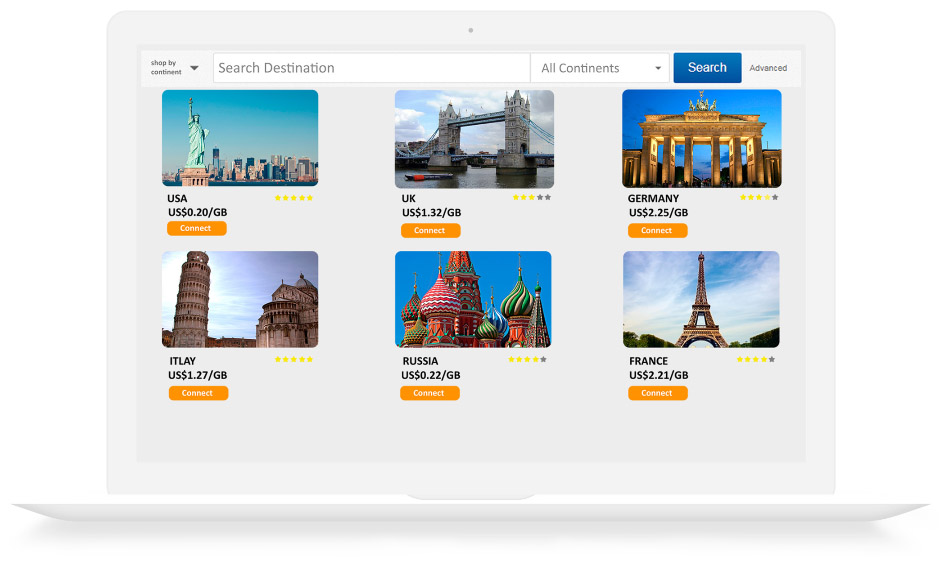
A Sample Transaction
The exchange system is, in theory, pretty simple.
Somebody who wants to sell their data acquires KEEP tokens and registers their information with the system as a seller. The system confirms token ownership and collects relevant seller data like location, available data quality, speed, desired prices, etc.
The Match node is constantly looking for buyers whose needs align with the seller’s info, and when it finds one, it verifies the details on both sides of the transaction. It then grants the buyer access to the data, tracking their usage and confirming their payment, automatically disconnecting bad actors.
Once the transaction is completed, the seller “signs” it and the funds are converted to fiat and transferred to the seller, minus a small commission for Keepgo.
The Token Sale
Given that virtual SIMs aren’t broadly available yet, this is a very forward-looking, early-stage project, and it’s currently in the pre-ICO phase. Its eventual ICO will have a $3 million soft cap and a $35 million hard cap, with KEEP tokens priced at one per US$0.14.
The token is pre-mined, with a total of 700 million tokens in existence. Of those, 16% will be distributed in the pre-sale, and 33% in the crowd sale. 38% will be held in reserve as a development fund, and the remaining 13% will be spread across advisors, the community, and bounties.
Keepgo plans to use the largest portion of the funds raised for R&D (40%), with 20% reserved for sales and marketing and the remaining 40% allocated across legal, operational, and general administrative expenses.
Interested investors will need to get themselves placed on a whitelist to participate in the token sale.

The Team
Given that the entire idea of the exchange rests to some extent on the proliferation of virtual SIMs, this is obviously a very forward-thinking project. That makes it a speculative investment, even by ICO standards. But interested investors can find reassurance in the team, which – unlike the teams behind many ICOs – already has years of experience developing and operating a functional product and business in this vein.
In fact, Keepgo’s team already boasts 21 employees spread in offices across three different countries, and they’re led by a pair of co-founders who have nearly 30 years of collective C-suite management experience in addition to strong educational backgrounds in computer science.
Importantly, the company’s advisory board also includes a number of high-level executives from the telecom business, meaning that Keepgo can draw on managerial, technological, and telecom expertise as they build and grow the company.




















